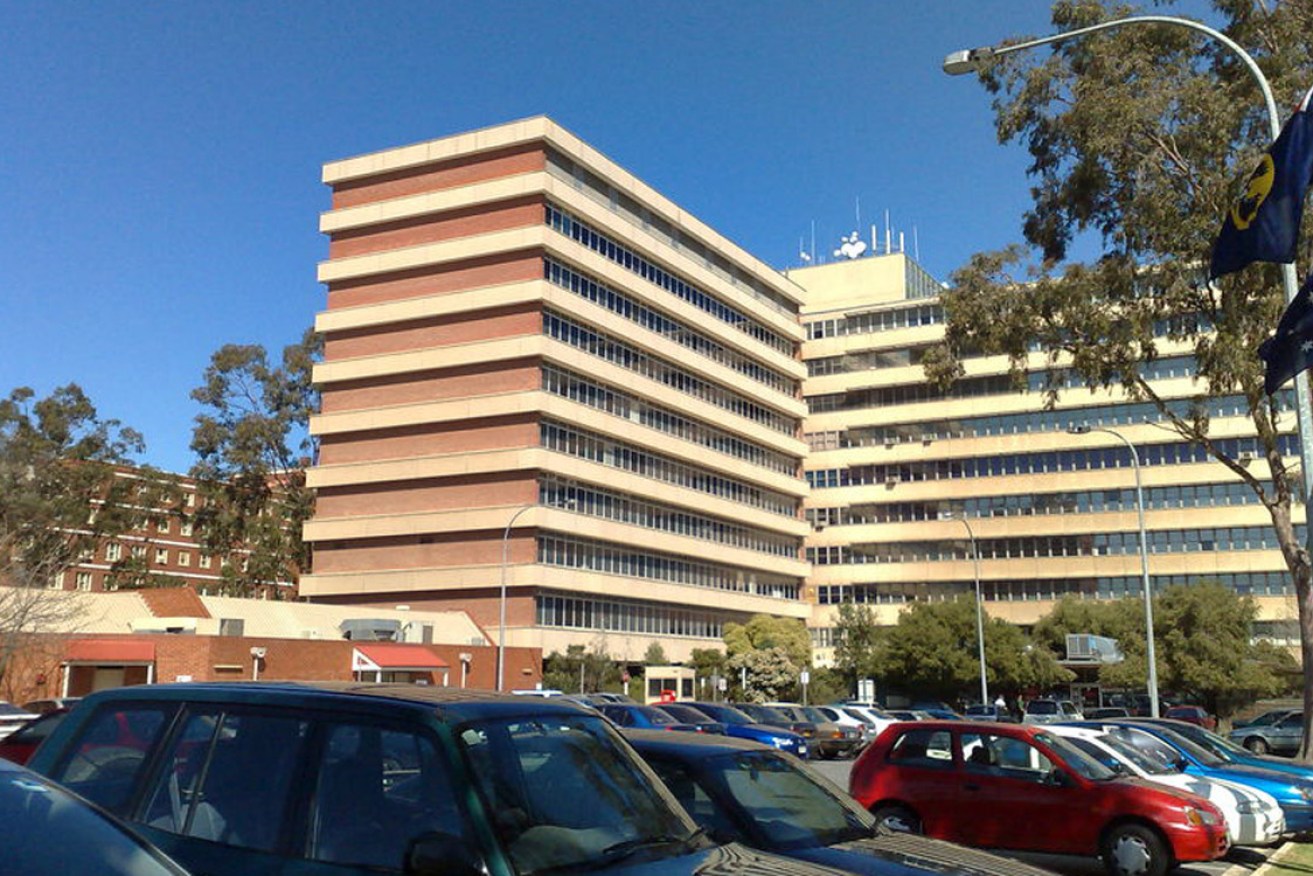QEH heart researchers beg for cash after funding cut
EXCLUSIVE | The former head of the Queen Elizabeth Hospital’s cardiology unit is making a public appeal for donations after SA Health cut its main source of research funding.


The Queen Elizabeth Hospital.
John Horowitz was the head of the QEH cardiology from 1988 until October last year, when he declined to accept a renewed SA Health contract, which stipulated that he would no longer have any clinical role treating patients and that he would undertake no new research projects.
In the years leading up to the end of his contact, Horowitz was a vocal public opponent of the Weatherill Government’s Transforming Health hospital reforms, which he argued would “cripple” the cardiology unit.
Horowitz now works – unpaid – as an Adelaide University emeritus professor of cardiology, conducting research in the Queen Elizabeth Hospital’s cardiology research laboratory, which he established almost 30 years ago.
He told InDaily SA Health has cut off the cardiology unit’s largest single source of research funding, namely outpatient hospital echocardiography fees, and is appealing to the public for donations.
He said two senior researchers had been cut from the unit in January because of a lack of funding, and another two are threatened with the loss of their jobs.
SA Health said the funding stream was under review for its compliance with state and federal laws.
Horowitz told InDaily the unit had made world-leading advances in recent years, including in identifying the molecular cause of “broken heart syndrome” – a condition often brought on by major stress, such as the death of a loved one.
It has also developed treatments for patients who cannot take traditional medications for heart failure because of other health conditions.
One of those is Dianne Edwards, who has asthma and heart failure, among other conditions.
The respiratory condition meant she was unable to safely take one of the medications generally administered for heart failure.
But she was able to take the medicine demonstrated by Horowitz’s research team, which has improved her condition.
“If I had a heart attack they can’t do anything for me because I have breathing problems,” said Edwards.
“So, the aim is to try and manage with whatever research he (Horowitz) comes up with – to A) stop me having a heart attack and B) stop the pain.
“So, at the moment we are succeeding.”
She said she found it “unacceptable” that much of the funding for research at the QEH cardiology unit had been suspended.
“If we don’t have a research program, not only will we be left behind but also the better and the best of ours that train in these areas will have to go overseas because there is no work for them,” she said.
“How the hell are we supposed to find out about any progress?
“How do we get ahead in the medical profession?”
Horowitz said the cardiology unit was losing about $350,000 a year in research funding because SA Health has cut off its access to bills from outpatient hospital echocardiography.
An SA Health spokesperson told InDaily in a statement this afternoon that “some cardiology research at the Queen Elizabeth Hospital was funded historically via billing practices which are now being reviewed to ensure (they) remain compliant with state and commonwealth legislation”.
“Once reviewed, any revenue from outpatient procedures will be made available to all cardiology researchers at the QEH in accord with an equitable distribution process being developed by CALHN cardiology executive,” the statement says.
The spokesperson confirmed that two researcher positions at the unit ended in January, adding: “As is common practice across the state and Australia, research positions are linked to time-limited grant funding”.
Horowitz said the outpatient funding stream was legally sound and that SA Health had never raised doubts about it during his tenure as head of cardiology at the hospital.
“Money to provide salaries for long-term (researchers) has come largely, over the last 15 years or so, from (proceeds of) outpatient hospital echocardiography,” Horowitz told InDaily.
“We do have some other sources of funding, especially research grants, but these alone are not nearly enough to permit us to pay research staff and purchase chemicals for experiments.
“I am not sure what, if any, future plans exist for diversion of these funds – which yielded about $350,000 per annum – from QEH Cardiology research.”
The SA Health spokesperson added that the Central Adelaide Local Health Network, which administers the QEH, receives about $20 million total in research funding each year across a range of specialties, including about $700,000 to QEH cardiac research each year.
Another patient who has benefited from the unit’s research, Helen Warrick, told InDaily she had spent years repeatedly attending emergency departments with chest pain, fearing she was having a heart attack, only to be told that it was muscle pain.
“I don’t know how many times I went to hospital and they said ‘no, it’s muscular’ and sent me home,” Warrick said.
She said that a correct diagnosis and a modified treatment for coronary artery spasm developed at the unit has significantly improved her quality of life since.
Horowitz will hold a meeting with patients who have benefited from the unit’s research this afternoon and launch the public appeal for funding.
He is asking for people to donate to the Hospital Research Foundation and to specify that the donation is for research at the QEH cardiology unit.
Want to comment?
Send us an email, making it clear which story you’re commenting on and including your full name (required for publication) and phone number (only for verification purposes). Please put “Reader views” in the subject.
We’ll publish the best comments in a regular “Reader Views” post. Your comments can be brief, or we can accept up to 350 words, or thereabouts.
InDaily has changed the way we receive comments. Go here for an explanation.




